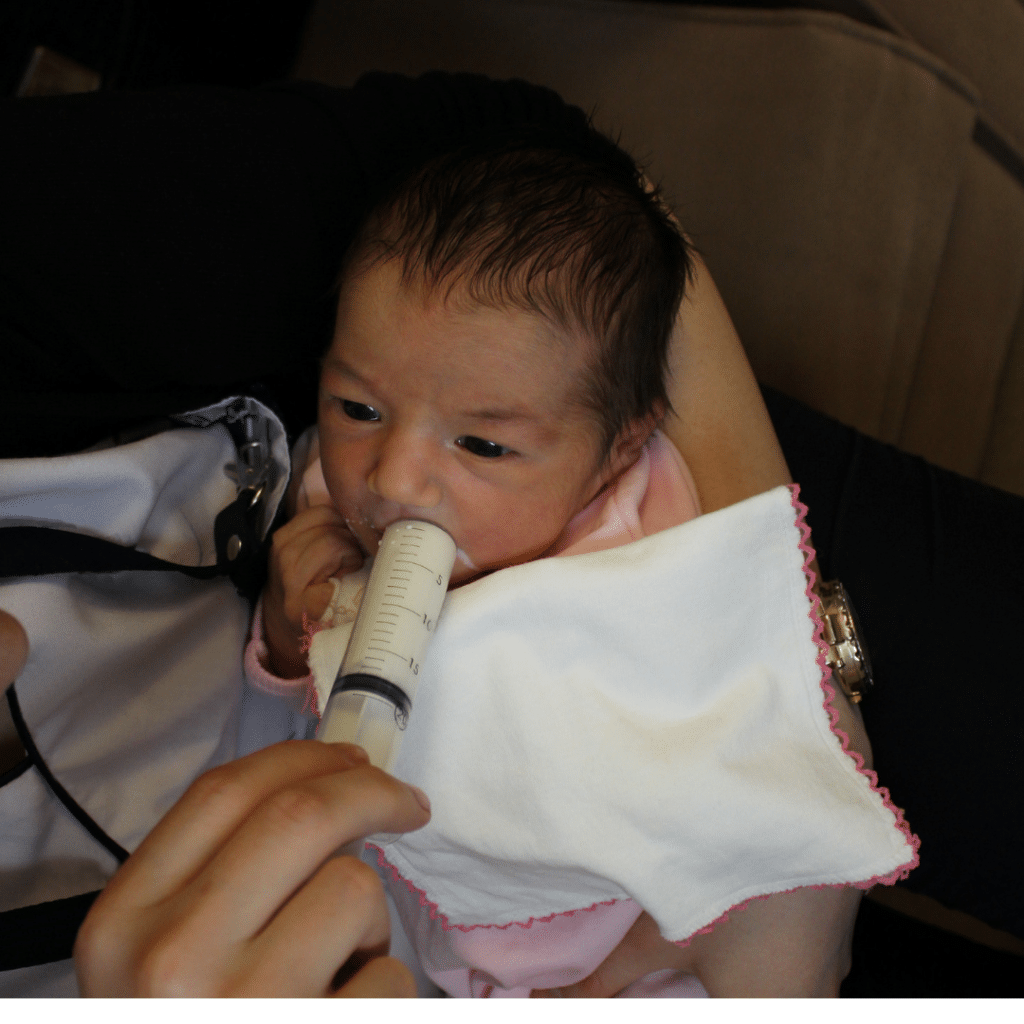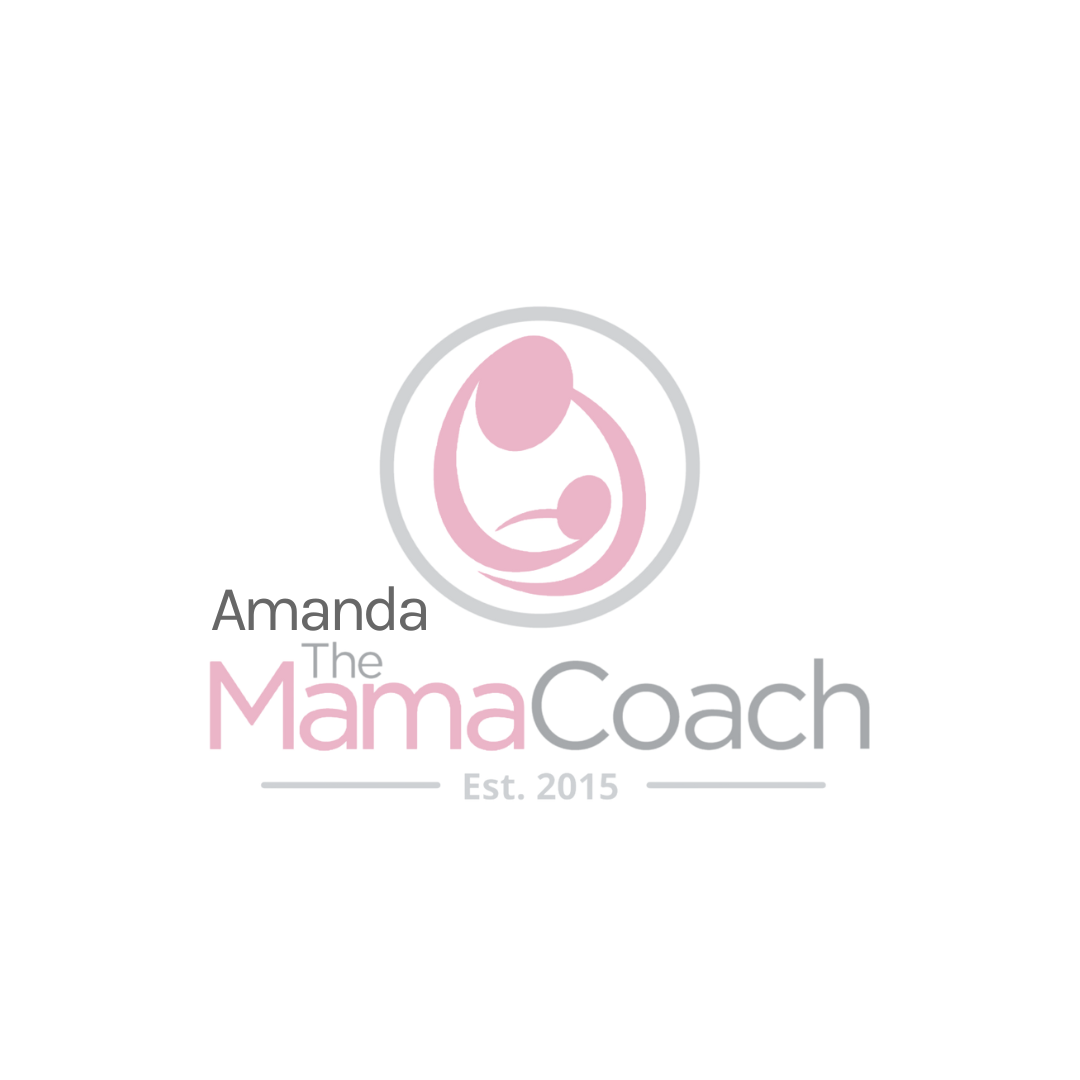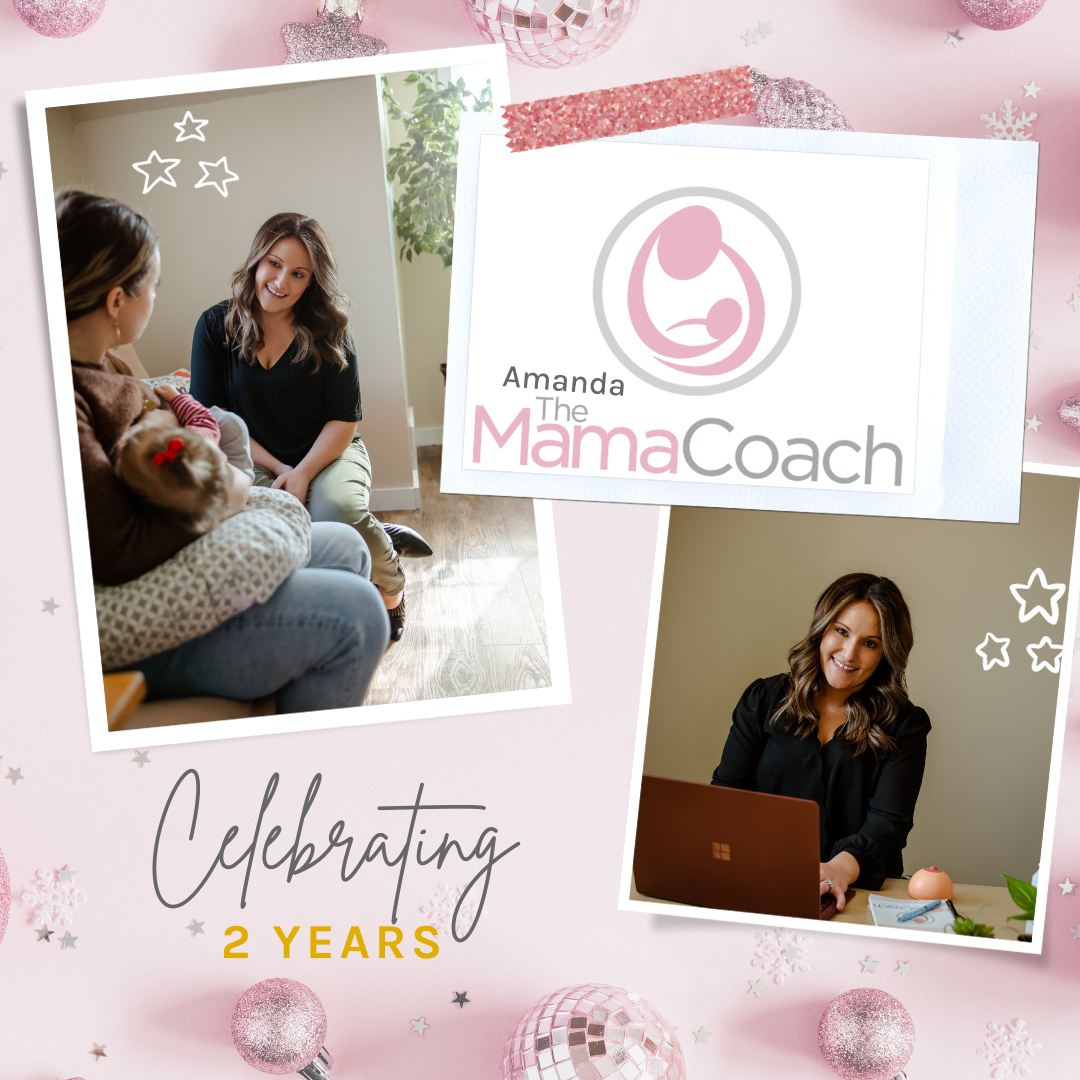Newborn weight loss is expected, and in fact normal after birth for both formula fed and breastfed babies. Typically if a newborn hits 10% weight loss then supplementation would be encouraged by their healthcare provider. We know that it can be normal for a breastfed baby to lose up to 10% of their weight, but it does require a more thorough assessment to ensure feeding is going okay.
Over time we are realizing that newborn weight loss is not that black and white and that it can be affected by many different factors.

Some of the things we have learned that affect newborn weight loss are:
- The amount of fluids the mom receives in labor
- How often the baby is voiding and stooling
- Type of birth (Vaginal vs. Cesarean)
- How they are fed (Formula vs. Breast)
- How effective baby is nursing at the breast
- Moms milk supply
- Birthweight of baby
A newborn needs to feed about 8-12times in a 24hour period. Breastmilk supply is based on a supply and demand system, so whether mom is nursing or pumping, she needs to stimulate her breasts and remove milk about 8-12times per day. It is also completely normal for milk to not come in until around day 3-5. In the meantime your body is producing colostrum, increasing in quantities over time and is sufficient enough for MOST babies. For others, supplementation would be encouraged.
There is a wonderful tool created by Ian Paul, a Pediatrician and Professor of Pediatrics at Penn State University that takes into consideration the averages of weight loss in over 160,000 infants. This tool is called the Newborn Weight Tool AKA NEWT. Newt allows pediatric healthcare providers and parents to see how a newborn’s weight during the first days and weeks following childbirth compares to what is typical. This can help with early identification of weight loss and weight gain issues and warrant more proactive assessment of how feeding is going early on to try and address the root cause of the problem right away and only supplement when truly necessary.
Recently, the tool has been upgraded to give data to up to a month of age.
Other reasons supplementation may be warranted for a newborn include:
- Jaundice
- Infant is not feeding well (Will not latch, or remove milk adequately)
- Hypoglycemia
- Dehydration
- Has not regained birth weight by 2 weeks of age
If your baby is struggling with any of the following, reach out to your baby’s healthcare provider.
- Refuses to go to the breast
- Is unsettled between feeds
- Will only take a few sucks then falls asleep
- Has less than 6 wet diapers per day on day 4 onward
- Has not transitioned to yellow seedy stools by day 4 of life
- Feeds less than 8 times in 24hours
- Causes the mother pain with feeds

If you are reading this and have been told you need to supplement your infant, please reach out to me! I would love to help you navigate this and ensure you meet your feeding goals and feel supported in the process. Often times insurance will cover these visits at 100%. Contact me and I will get back to you as soon as I can! I also recommend checking out this Instagram post on paced bottle feeding.



